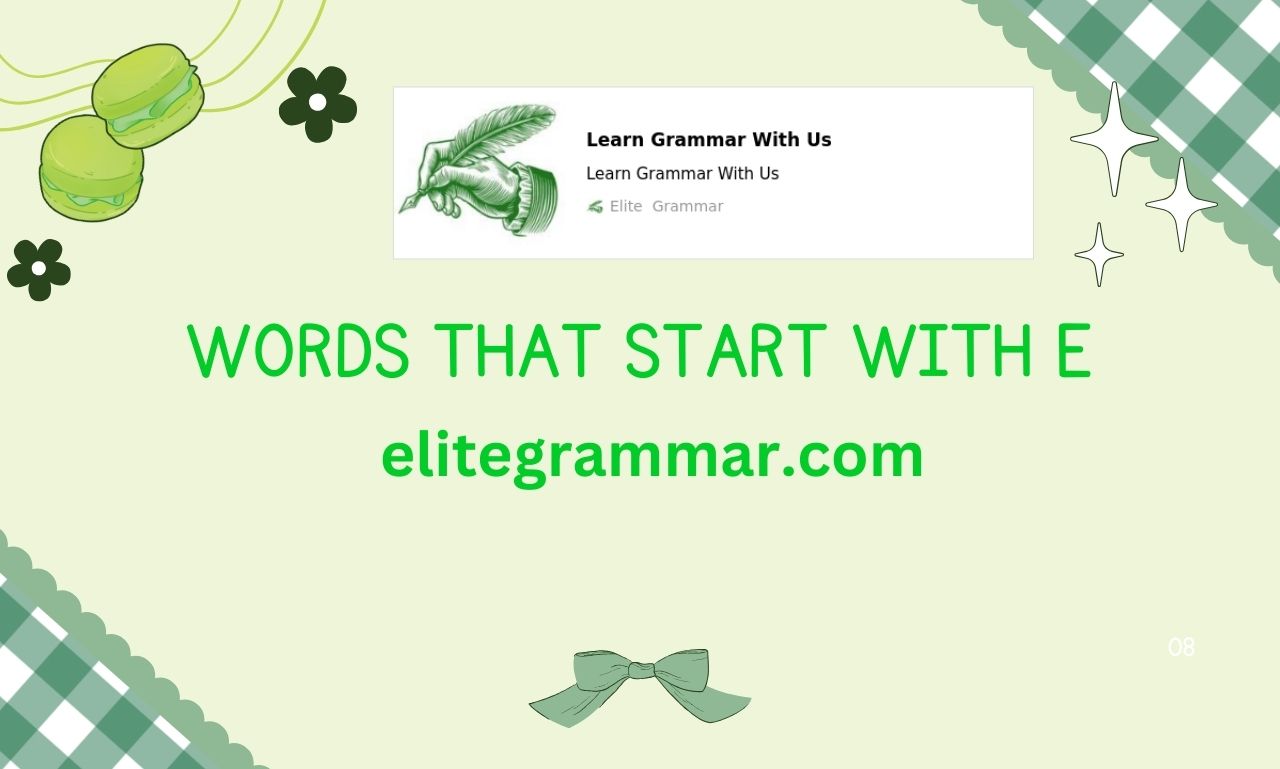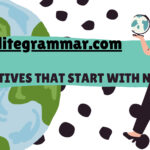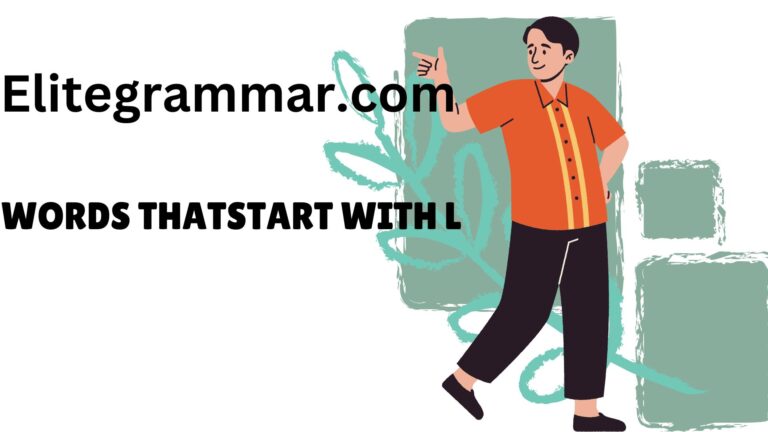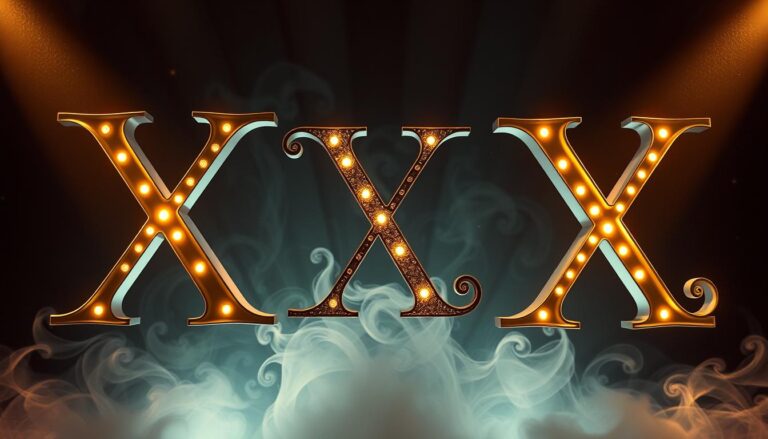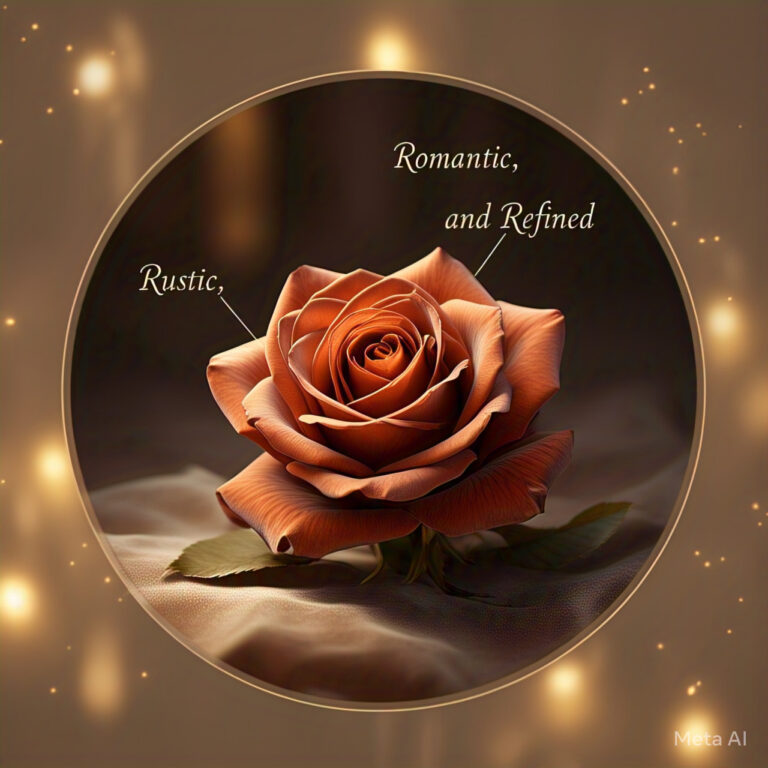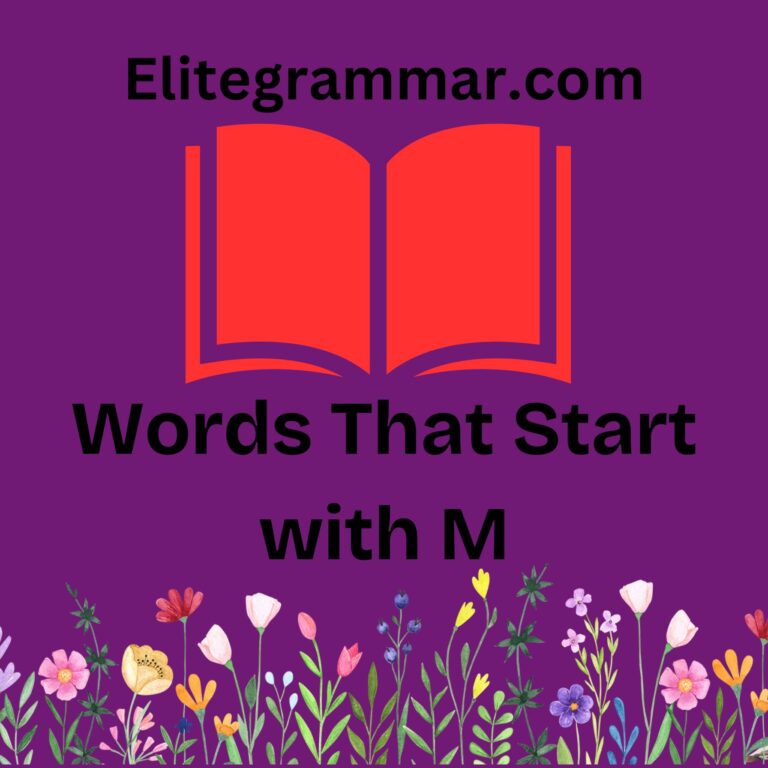Words that start with e
Exploring words that start with e is a fun journey. You’ll find words like elephant, eagle, and earth. These words are key in our daily talk. Knowing where they come from and what they mean helps us talk better.
Looking into words that start with e, we find many terms. They’re used in school and fun activities. By learning these words, we appreciate English more. We also get to know more words that start with e.

Understanding the Letter E in English Vocabulary
The letter E is key in the English language. It’s not just used a lot. The history of the letter E is rich, going back to ancient times. It has been shaped by many factors, like language and culture.
In vocabulary words starting with e, the letter E is very important. It helps form words, phrases, and sentences. The e words list is huge, covering many meanings and uses. It’s essential for both everyday talk and formal writing.
Looking into the e words list shows us the English language’s complexity. The letter E is not just common. It’s also crucial in words about education, emotions, and fun. By studying how the letter E is used, we learn more about English.
In summary, the letter E is very important in English. By diving into vocabulary words starting with e and e letter words, we see the language’s depth. We understand how the letter E is used in our daily conversations.
Positive words that start with e
Looking to add some uplifting energy to your day? Here are 10 positive words that begin with the letter E, each bringing its own spark of encouragement and optimism.
- Eager – excited and ready to go.
- Earnest – sincere and genuine.
- Ecstatic – extremely happy.
- Efficient – gets things done well.
- Elegant – classy and graceful.
- Empowered – feeling strong and capable.
- Encouraging – uplifting and supportive.
- Energetic – full of life and energy.
- Enthusiastic – eager and passionate.
- Exuberant – joyfully lively.
5 letter words that start with e
Whether you’re playing word games or expanding your vocabulary, 5-letter words that start with E are both useful and fun. Here are some to get you started:
- Eager – excited and ready.
- Earth – our planet; solid ground.
- Elite – the best of a group.
- Enjoy – to take pleasure in.
- Event – an occurrence or happening.
Nice words that start with e
Looking for kind and uplifting words? Here are some lovely E words that radiate positivity and charm:
- Eager – full of excitement and readiness.
- Earnest – sincere and heartfelt.
- Elegant – stylish and graceful.
- Empathetic – understanding and caring.
- Encouraging – supportive and uplifting.
- Energetic – lively and full of spirit.
- Enthusiastic – cheerful and passionate.
- Exquisite – exceptionally beautiful or delicate.
- Empowering – boosting confidence and strength.
- Endearing – lovable and charming.
Essential E-Words for Everyday Communication
In our daily talks, some e-words are key to share thoughts and feelings. Words like “example,” “explain,” and “express” are crucial. They help us understand and share ideas in both formal and casual settings.
Words starting with e make our language clearer and more precise. For example, “elaborate” and “enumerate” help us give detailed explanations. On the other hand, “emphasize” and “exemplify” highlight important points. Adding these e-words to our speech helps us share complex ideas better.
E-words also make our language more refined and interesting. Terms like “elegant” and “erudite” describe complex subjects well. Words like “enthusiastic” and “energetic” show our strong emotions. Using a range of e-words makes our communication more vibrant and personal.
Etymology of Common Words That Start With E
The study of etymology is almost fascinating. Most words that start with e have awesome backgrounds and definitions. For example, “training” is derived from the Latin word “educare,” which has the meaning of “to bring up” or “to guide out.” You can read about this in an e-word dictionary, which defines words that begin with e, their meanings, and etymologies.
The term “emotion” also has an interesting history. It is derived from the Latin “emovere,” which means “to carry out” or “to excite.” Over the years, this term has come to cover a lot of different feelings and sensations. Learning about etymology makes us realize how complex and subtle language is. It reminds us how words have evolved in that sense over the years.
| Word | Origin | Meaning |
| Education | Latin “educare” | “to bring up” or “to lead out” |
| Emotion | Latin “emovere” | “to move out” or “to stir up” |
| Energy | Greek “energeia” | “activity” or “operation” |
With the help of examining the etymology of e-words, we are able to appreciate the English language more. Whether it is schooling, emotion, or power, knowing where those words originate from provides us with greater insights. It makes us realize how they evolved and how we utilize them today.
Emotional Words That Start With E
Emotions play a big role in how we communicate. Many E-words help us share feelings and show empathy. Words like “ecstatic” and “euphoric” show happiness and excitement. They help us connect with others.
When writing essays, using E-words can make your writing more emotional. Empathetic words like “emotional” and “evocative” help readers feel understood. This makes your writing more engaging and relatable.
Knowing how words affect us is important for good communication. Using E-words can express feelings and leave a strong impression. The list of top E-words is great for adding emotional depth to your writing.
Exploring emotional E-words can deepen our understanding of language’s power. Whether in essays or everyday talk, E-words help build connections and empathy.
Educational Terms Beginning With E
Education is key to human growth, and many easy words that start with e describe it. Words like “education,” “evaluation,” and “examination” are very important. They are used in schools, universities, and training programs.
Knowing these terms helps in learning and teaching well. “Education” means learning and getting knowledge. “Evaluation” is about checking how students do. “Examination” is a test to see what students know and can do.
Other easy words that start with e are also crucial in education. “Enrollment” is when you sign up for a course. “Engagement” means being active in learning. Using these exciting words and essential words helps teachers create a great learning space.
Effective Business and Professional E-Words
In business and professional talk, effective vocabulary is key. It helps share ideas clearly. Words like “efficient,” “effective,” and “entrepreneurial” are vital. They help in making good business plans and leadership styles.
Choosing the right words in business talk is important. Effective vocabulary makes complex ideas simple. It also builds trust and credibility with others. By learning common business words, professionals can talk better and do their jobs well.

Professionals also need to know educational terms specific to their field. This includes marketing, finance, and management terms. Learning these words helps professionals understand their field better.
Using effective vocabulary and learning business words is crucial for career success. It boosts communication skills and builds trust. This way, professionals can reach their goals.
Exploring Nature-Related Words That Start With E
The world around us has interesting words starting with the letter e. Many of such words define environmental norms and issues. Ecology is one among them, interpreting the relations between living beings and their surroundings. The topic enables us to understand the balance of ecosystems and how human activities impact the environment.
environment is each and every other keyword, that is the environment where an organism resides. It is composed of physical components such as soil, water, and air, along with dwelling things and their relations. Maintaining the surroundings healthy is necessary for all ways of life, and we must guard it for the future.
Terms beginning with e also highlight concerns related to the environment, for example, endangered species and habitats. Those terms make us aware of the importance of conservation and sustainability. By using those terms, we can strive to ensure a sustainable world for all.
There are many additional nature-related words beginning with e, including earthquake, ecosystem, and evolution. Those words refer to natural phenomena and methods. Learning about these words helps us appreciate the beauty and intricacy of our world.
Entertainment and Arts E-Words
The entertainment and arts world is full of exciting words. Words like “entertainment,” “exhibition,” and “expression” are key. They help show the idea of a performance or a show.
In the arts, effective vocabulary is key to sharing a message and emotion. Artists use words like “eclectic,” “elegant,” and “evocative” to describe their work. These words help connect the artist with the audience, making the experience more meaningful.
Some notable examples of entertainment and arts E-words include:
| Word | Meaning |
| Entertainment | Activity that is intended to give pleasure or enjoyment |
| Exhibition | A public display of works of art or artifacts |
| Expression | The act of conveying a thought or feeling |
By using these exciting words and essential words, artists and entertainers can leave a lasting impression. The right words help share the message and emotion of a piece. This creates a strong connection between the artist and the audience.
Exotic E-Words From Different Cultures
Exploring words from around the world, we find many exotic terms. These enrich our language. Terms like “ethnology” and “ecumenism” show how cultures interact. Words starting with “e” are special, as they often talk about unique cultural practices.
The word “esoteric” means knowledge for a few, not many. It’s used in schools and research to talk about special topics. “Eccentric” describes people or things that are different, but in a fun way.

Here’s a table showing some exotic e-words:
| Word | Meaning | Cultural Context |
| Exotic | Unusual or unfamiliar | Western cultures |
| Esoteric | Reserved for a select group | Ancient Greek and mystical traditions |
| Eccentric | Deviant from the norm | Victorian England and modern Western cultures |
Looking at these words, we learn about cultural exchange and education. As we keep exploring, we’ll find more “e” words that make our language richer.
Easy E-Words for Beginning English Learners
For the ones learning English as a second language, starting with simple phrases is key. phrases like “easy,” “consume,” and “experience” are ideal. they may be smooth to say and a laugh to use in daily conversations.
These clean E-phrases assist beginners communicate about their day. they are able to say they ate breakfast or loved a park stroll. The usage of those words allows us to construct vocabulary and improve talking skills.
These words also are exciting due to the fact they match many conditions. For example, “easy” can describe an easy challenge, and “enjoy” can share emotions about an activity. mastering those phrases is a notable beginning for beginners to grow in English.
Elegant E-Words for Enhanced Writing
Using effective vocabulary is key for writers to improve their style and technique. To explore words that make writing better, authors can look into elegant E-words. Words like “elegant,” “eloquent,” and “engaging” can make stories and arguments more compelling. Adding educational terms shows a writer’s knowledge and expertise.
Writers can make their work more detailed and interesting with elegant E-words. For instance, saying “exquisite” instead of “beautiful” adds depth. This way, they can explore words and craft a more engaging story. Using effective vocabulary helps writers connect with their audience better.
Effective Vocabulary: E-Words for Elegant Writing
Writers can make their work more credible by using educational terms. This includes technical terms or jargon from a specific field. It shows their knowledge and makes them seem like an expert. Elegant E-words and effective vocabulary help writers create content that readers love.
Energetic Action Words Starting With E
Creating dynamic writing needs exciting words. Words like “energetic,” “exciting,” and “exhilarating” describe energetic actions. They make your writing vivid and emotional, key for any writer.
Adding essential words like “electrify” and “energize” brings depth to your writing. These words describe actions and stir excitement. Using effective vocabulary makes your sentences engaging and informative.
Words like “explode” and “elevate” add drama and tension. They’re great for descriptive passages. Mixing essential words with effective vocabulary makes your writing dynamic and fun to read.
Using energetic action words starting with E can elevate your writing. Exciting words and essential words make your writing engaging and informative. With practice, you can master using effective vocabulary to add energy to your writing.
Expert-Level E-Words for Advanced Vocabulary
For those who are advanced in English, using expert-level E-words can boost their vocabulary and communication. To explore words starting with E, diving into educational terms and complex language is key. Words like “expert,” “exemplary,” and “exquisite” can make writing and speaking more impressive.

In fields like academic writing, technical communication, and professional settings, these advanced E-words are crucial. They help express complex ideas and detailed views. By adding these words to their vocabulary, people can express themselves better. Exploring E-words is rewarding, as it opens up new educational terms and broadens their language skills.
As learners explore E-words, they’ll find a variety of educational terms that deepen their knowledge in different subjects. From “ecology” to “economics,” E is linked to many study areas, each with its own terms and ideas. Mastering these E-words shows expertise and boosts confidence in any field.
Conclusion: Mastering Words That Start With E
Learning words that start with “E” is key for better communication and writing. We’ve looked at many E-words, from simple to complex. Knowing these words helps you speak and write more clearly and deeply.
If you’re learning English, working in business, or just want to know more words, keep exploring E-words. They cover everything from feelings to school terms, and from action verbs to beautiful descriptions. The letter “E” is full of interesting words to learn.
We suggest you keep learning and using E-words in your daily talk and writing. This will make you a better communicator and open up new opportunities for you. Learning E-words is a journey, but it’s a rewarding one.
If you want to explore whole site Click Here
FAQS : Words that start with e
What are some examples of words that start with the letter E?
Words starting with E include “example,” “explain,” and “express.” Also, “education,” “emotion,” and “energy” are examples. Other words are “ecstatic,” “euphoric,” and “empathetic.” You can also use “efficient,” “effective,” and “entrepreneurial.” Words like “ecology,” “environment,” and “endangered” are also common. “Entertainment,” “exhibition,” and “expression” are used too. “Exotic,” “esoteric,” “eccentric,” “easy,” “eat,” and “enjoy” are examples as well. “Elegant,” “eloquent,” “engaging,” “energetic,” “exciting,” and “exhilarating” are great for describing feelings. “Expert,” “exemplary,” and “exquisite” are perfect for showing quality.
How can I use E-words in my everyday communication?
E-words are useful in many ways. They help explain ideas or express feelings. They’re great for describing experiences or highlighting important points. This makes your communication clearer and more engaging.
What is the etymology of common E-words?
Many E-words have interesting origins. For example, “education” comes from the Latin “educere,” meaning “to lead out.” “Emotion” comes from “emovere,” meaning “to move out.” Knowing where words come from can help you use them better and understand their meanings.
How can E-words be used in educational contexts?
E-words are key in education. They include names of subjects like “economics” and “engineering.” They also describe educational processes and concepts, like “evaluation” and “examination.” Using the right E-words helps students and educators communicate effectively.
What are some effective E-words for business and professional communication?
In business, E-words like “efficient,” “effective,” and “entrepreneurial” are useful. They help convey ideas and strategies. Using these words can make your communication stronger and show your expertise.
How can E-words be used to describe nature and the environment?
E-words like “ecology,” “environment,” and “ecosystem” describe nature. Words like “endangered,” “extinct,” and “erosion” talk about environmental issues. Using these words helps communicate about the environment and promotes sustainability.
What are some exciting E-words used in the entertainment and arts?
The arts use words like “entertainment,” “exhibition,” and “expression.” Words like “epic,” “elegant,” and “enchanting” describe artistic experiences. These words help describe the arts and entertainment.
What are some exotic E-words from different cultures?
Different cultures add unique E-words to English, like “exotic,” “esoteric,” and “eccentric.” Words like “ethos,” “enlightenment,” and “emancipation” describe cultural practices. These words promote cultural understanding and exchange.
What are some easy E-words for beginning English learners?
Beginners can start with simple E-words like “easy,” “eat,” and “enjoy.” Words like “exercise,” “elephant,” and “egg” are also good. These words help build a strong English foundation.
What are some elegant E-words that can enhance writing?
Elegant E-words like “elegant,” “eloquent,” and “engaging” improve writing. Words like “evocative,” “ethereal,” and “exquisite” add depth and emotion. They make your writing more polished and sophisticated.
What are some energetic E-words that can be used to describe action and movement?
To describe energy and action, use words like “energetic,” “exhilarating,” and “electrifying.” Words like “explosive,” “effervescent,” and “energized” create vivid descriptions. They evoke strong emotions in readers.
What are some expert-level E-words for advanced vocabulary?
Advanced learners can use words like “erudite,” “esoteric,” and “ethereal.” Words like “effervescent,” “extemporaneous,” and “exquisite” are also useful. These words are great for academic and professional writing.

